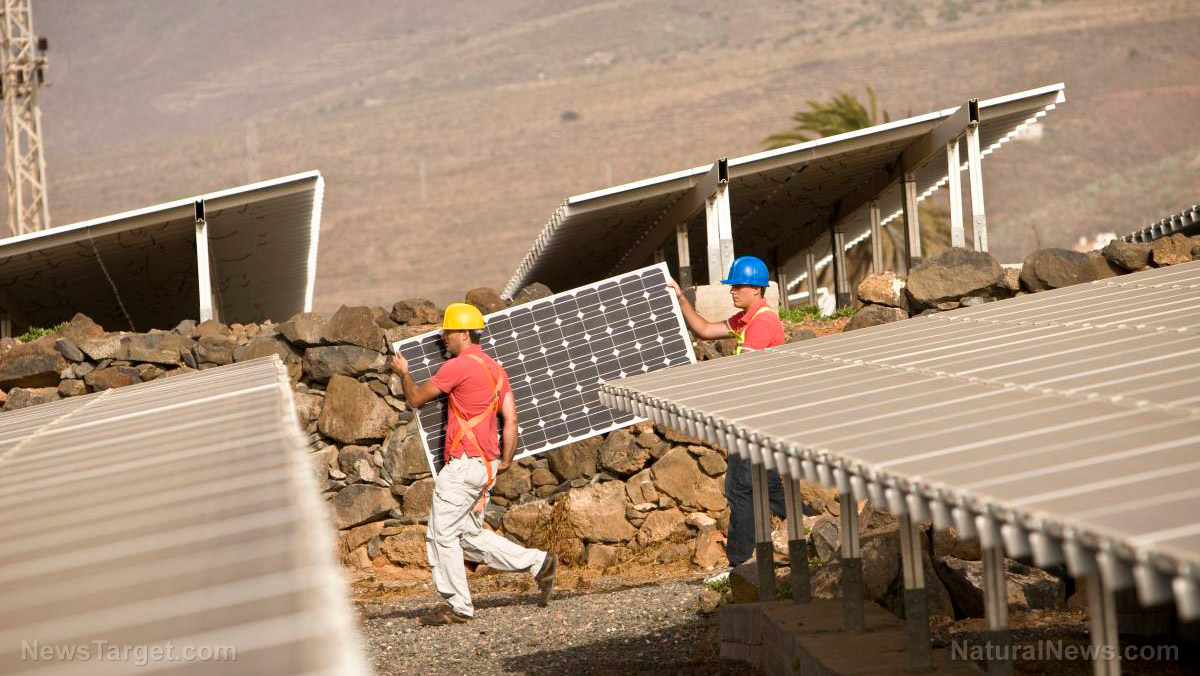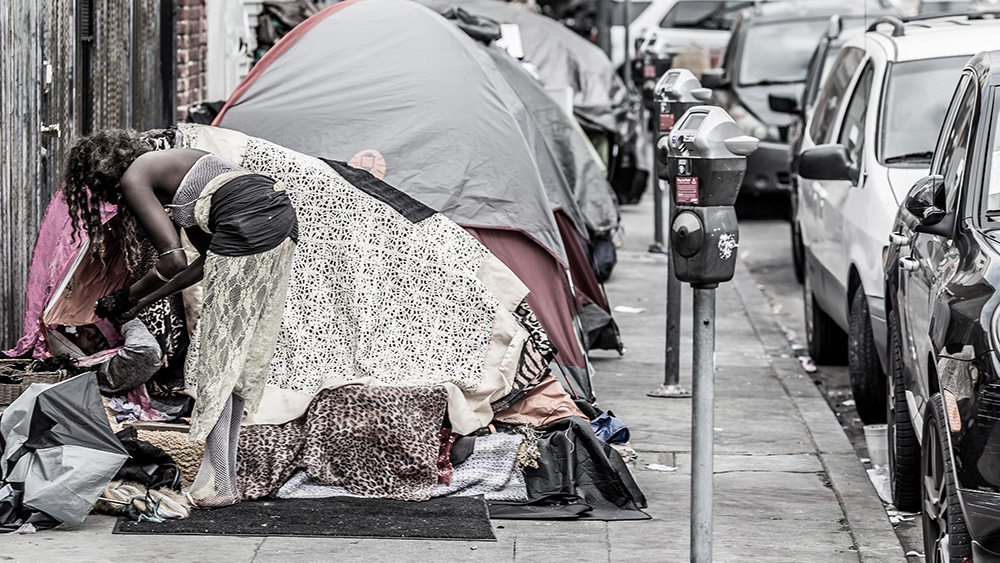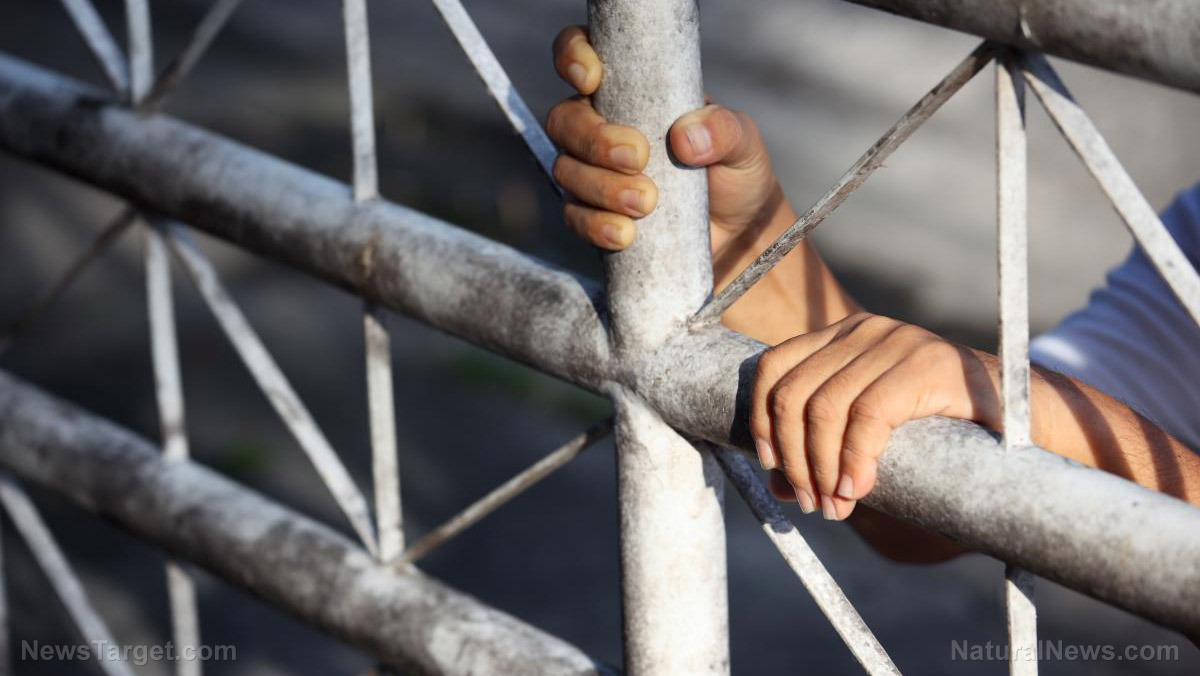
California and Texas – America's most populous states – reached their grim milestones as the overall number of cases in the U.S. grew at a near-record pace. The country's overall caseload grew by over 70,000 in the past 24 hours.
California has more cases than New York
California Gov. Gavin Newsom announced that the state had 12,807 new confirmed coronavirus cases during a briefing on Wednesday. This brings the state total to more than 413,576 since the pandemic began.
While the state has surpassed New York in terms of the most coronavirus cases in the country, it still trails the latter in a number of other metrics. With over 32,500 recorded so far, New York still has the highest number of coronavirus-related deaths in the country. Meanwhile, its rate of confirmed infections of about 2,000 for every 100,000 people is still twice that of California.
New York and other states in the northeast saw the highest number of COVID-19 cases in the U.S. during the early months of the outbreak. The state, however, has since been able to bring the virus's spread under control, with New York only recording 705 new cases on Wednesday. California, on the other hand, was quick to lock down and seemed to have its outbreak under control, that is, until last month when its caseload began to climb.
California's surge in cases comes after the state reopened much of its economy in May. Newsome has since ordered statewide shutdowns for bars and indoor dining, while also imposing tougher restrictions on almost every large county as well as some smaller ones where the outbreak is most severe.
During his briefing, Newsome strongly urged Californians to continue wearing face masks to contain the spread of the coronavirus and also pledged that the state would distribute more protective equipment to frontline healthcare workers.
"We are a state, again, the size of 21 states combined, so it's not surprising now in some respects as we begin to reopen key sectors of our economy … that our numbers would start to go up," Newsom said. "[It's] a sober reminder of why we are taking things as seriously as we are."
With the increase in cases, the California Hospital Association has issued a warning saying that the state must secure more hospital beds.
Of the 50,000 or so hospital beds available in the state, roughly 45,000 have already been filled, according to California Hospital Association president Carmela Coyle. The state also can add 20,000 more beds, though Coyle warns that the state must prepare to treat even more.
"We have an ability to surge, but we may have the need for more," Coyle said.
Texas sees record increase in deaths as healthcare systems get "jammed"
One the same day that California surpassed New York, Texas set its own record, with 197 deaths – the highest single-day increase the state has seen. The increase in deaths has even forced at least one Texas county to store bodies in refrigerated trucks and prompted at least one health official to call for new stay-at-home orders.
"We've got to lasso this virus, this stallion, bring the numbers back down and get control of this thing," said Hidalgo County Judge Richard Cortez. "Because our hospitals – they're war zones, they are really struggling right now."
According to Cortez, crematoriums in Hidalgo county now have a waitlist of two weeks, forcing them to use five refrigerated trucks that can hold 50 bodies each.
Cortez has since issued a shelter-in-place order for residents of his county. This has put him at odds with Texas Gov. Greg Abbott, who has maintained that local officials do not have the authority to issue such orders.
Abbott's move to override local officials has been blamed by Dr. Ivan Melendez, Hidalgo County's top health official, for the spike in coronavirus infections in the state, which he said has jammed local healthcare systems at every level.
"Do I think that a stay-at-home order is medically indicated at this point? Absolutely," Melendez said.
Texas' one-day record increase comes as coronavirus-related deaths in the U.S. as a whole breached 1,000 in a single day for the second day in a row. This was the first time one-day increases have topped 1,000 in the U.S. since mid-June.
Even as cases dramatically rise, deaths have not typically followed suit. This has been attributed partly to improved knowledge about how to treat patients and increased access to ventilators and other equipment.
The fact that coronavirus-related cases and deaths are on the rise again, however, has public health officials worried that the virus could gain further steam. This could further strain already overflowing healthcare systems.
The healthcare systems some cities in Texas had already been pushed close to the brink – in terms of intensive-care capacity – in late June. A further increase in cases could push these over the edge.
Learn how individual states are dealing with the coronavirus over at Pandemic.news.
Sources include:
Please contact us for more information.























